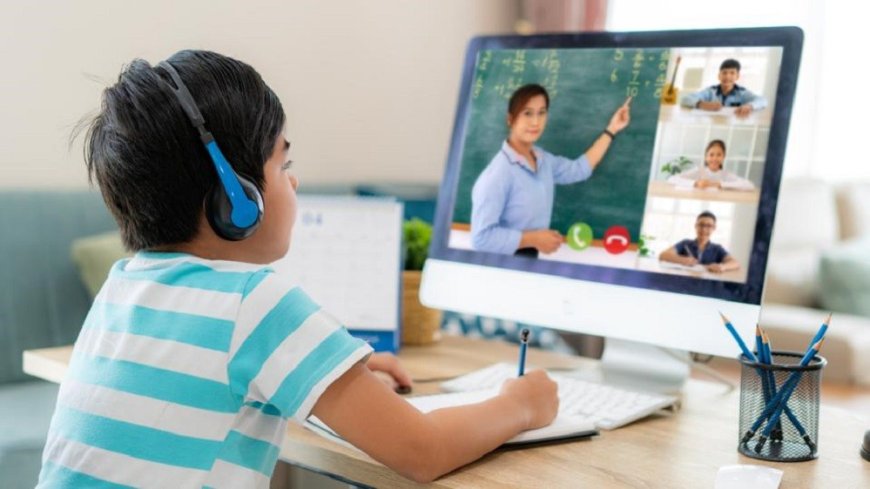Whether education can change society?
school more motivated and eager to learn, but to create a relationship between society and learning. Whether education can change society.

Education is an instrument for transforming society. That is, we believe that the children who are currently being educated will be the ones who will give a new shape to society in the future. But there are issues of concern in education when teachers do not know how to transform classroom knowledge into other more practical and real contexts or how to relate school and society so that students are critical. Because it is no longer a matter of creating a more practical, experimental, real education,¦ so that children go to school more motivated and eager to learn, but to create a relationship between society and learning. Whether education can change society.
So the education we have, from my point of view, is not a transformative education. there is a hierarchy and that makes people have to take on roles to use them in the world of work. So, for it to be a transformative education we need new mental, emotional and attitudinal tools that are more necessary and appropriate to human needs.
Obviously, we no longer live in a time when education was pure theory and nothing practical; the way students learn has changed and it is due to new technology, to the revelation of students that as Paul Wills says, it has good things like creativity but also bad things like the result of revelation, and new knowledge. Knowledge that everyone has or rather everyone with a little privilege may come to have, therefore, not everyone will have the same knowledge. These can be stimulated and used by anyone.
In addition, we know that schools were constructions of any material according to the communities and the place where they were built and that continues to happen. On the other hand, we can see a great evolution in terms of teachers, that is, before, teachers had no education, and therefore what they taught was the most basic. They currently have studies, and therefore no longer teach only the basics.
Another factor that we can see that has evolved but is not enough is that not everyone can afford to pay for studies because of social differences (social classes). Then, says from a functionalist approach in which he justifies social inequalities and focuses the problem of social inequality on the individual. And he also says that educators should be politically neutral, thinking in my favor. With the evidence of inequalities
I understand that those who benefit from education are the people with power and capital and the state. Also, as Bernstein says, lower-class children, particularly those who belong to minority groups, develop ways of speaking and acting that clash with those that dominate school. The school imposes rules of discipline on students and the authority of teachers is oriented towards academic learning. Upon entering school, working-class children experience a much greater shock than children from more privileged families.
Social positions depend on merit and qualification, called meritocracy. Meritocracy creates an extension of equal opportunity. But this equality of opportunity makes a difference in achievement. But
As I mentioned earlier, social positions depend on merit and qualification. Then, referring to this qualification believe that there are two networks one for working class people where people have less education, and therefore it is less qualified and the other network for middle class people and high, which have been able to afford some studies, and are therefore more qualified.
From before, we know that boys and girls were not treated the same way (by that I do not mean that now they are treated the same way). The children were separated according to their gender, which may be a consequence of religion, culture, social classes, and so on, there are two "devices" one, the repressive one, which would be the police, the laws, etc. and the other would be the ideological one which would be religion, social classes, etc.
In short, we see that the school has evolved in some respects such as distinctions according to ethnicity, according to gender, but we also see that there is still a long way to go to get where a lot of people want us to be. The school, and therefore the education of the 21st century, should be quite different from what we have now.
Education has evolved but not enough in some ways. Boys and girls still do not know how to relate theory and practice, that is, teachers do not yet know how to teach the integration of theory into practice. Also, I think the classes shouldn™t be so theoretical, they should be more practical. Where boys and girls experiment, decide what they want to do, be free and see what reality is. We can change all these aspects but we have to change them;
